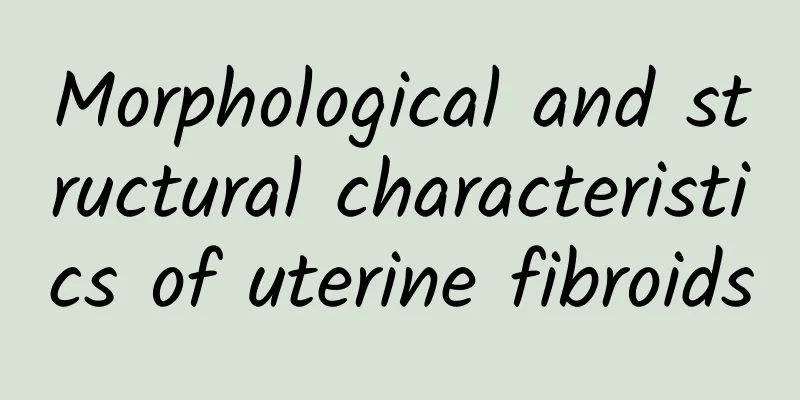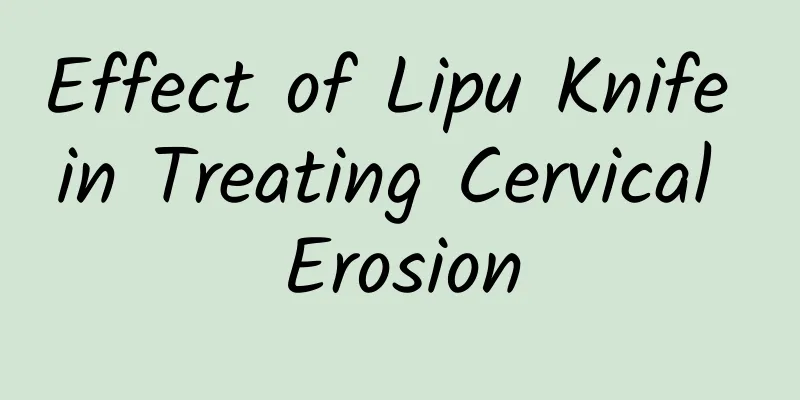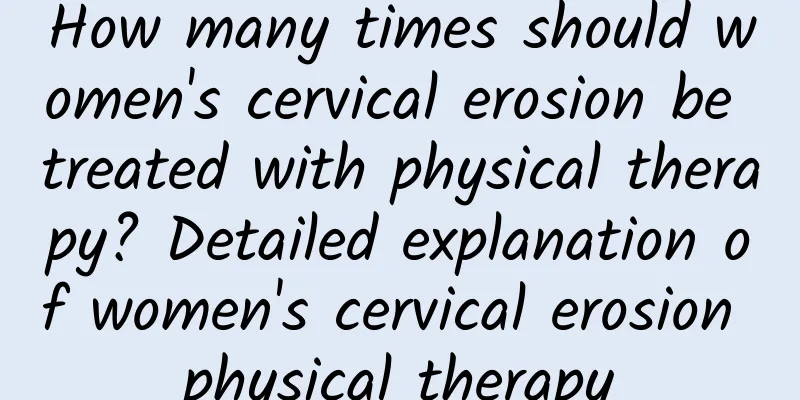Morphological and structural characteristics of uterine fibroids

|
Uterine fibroids are the most common benign tumors of the female genitals. Most patients are asymptomatic, so they are often ignored by women. In fact, if uterine fibroids are not treated in time, they can also cause female infertility or miscarriage; cause adnexitis, pelvic inflammatory disease; lead to secondary anemia; and cause malignant lesions, etc. By understanding the morphology and structure of uterine fibroids, patients can deepen their understanding to a certain extent and pay enough attention to it in their minds. Uterine fibroids, also known as uterine leiomyoma, are solid tumors that can grow in any part of the uterus, either singly or in multiples, with a smooth or uneven surface. They vary greatly in size, with the largest weighing tens of kilograms and the smallest even having dozens or hundreds of them growing at the same time. Generally, small fibroids are spherical in shape, but when they grow larger or multiple fibroids fuse, they become irregular in shape. The texture of uterine fibroids is harder than that of the uterus, and the presence of fibroids can be easily felt outside the uterus. Fibroids do not have capsules, and they compress the surrounding muscle wall fibers to form a pseudocapsule. The connection between the capsule and the fibroids is loose, and the boundary is clear, so it is easy to peel the fibroids from the muscle wall. There are radial blood vessels distributed in the capsule to supply nutrition to the fibroids. The larger the fibroids, the thicker the blood vessels and the more numerous they are. When the diameter of the fibroids exceeds 4cm, it is more likely to degenerate. The surface of the tumor is light in color, and the cross-section is grayish white. A spiral or woven structure can be seen, which is closely arranged. |
<<: What factors can cause recurrence of cervical erosion?
>>: What tests can be done to diagnose cervical erosion
Recommend
How to treat female gynecological cervicitis? 4 treatment methods for gynecological cervicitis
Cervicitis is a common gynecological disease. Alt...
How to maintain an oval face after a big meal? Nutritionist x Yu Bingyan and Xia Yuhe's tips for staying in shape
After the Mid-Autumn Festival in early October, t...
Supermodel Lam Ke-Tong teaches you how to slim your thighs in 5 minutes of aerobics
Have you ever dreamed of having well-proportioned...
What are the early symptoms of pelvic inflammatory disease? Feeling pain in the lower abdomen
There are many types of gynecological diseases, a...
What are the causes of cervical hypertrophy?
Cervical hypertrophy is also a gynecological dise...
Everyone is going crazy for road running! 7 must-know road running preparation strategies
Recently, the sports brand invited DJ Liu Xuan an...
Low-calorie New Year dishes are good for your health! If you have a bad stomach, try "Yam Stewed Sea Bass"
The temperature is relatively low in winter. Peop...
To prevent cervical erosion, you need to pay attention to fertility-related
Due to the special nature of the uterus, the prev...
Auxiliary examination measures for irregular menstruation should not be ignored
If you want to solve the problem of irregular men...
Is polycystic ovarian cyst serious? What are the dangers?
Are polycystic ovarian cysts serious? What are th...
Will cervicitis affect pregnancy?
What should you do if you have cervicitis? Does t...
Is it easy to lose weight in autumn when you have an appetite? Doctor Liu Boen: 3 tips for late night snacks, enjoy delicious food without gaining weight
The nights in autumn are very cool, and the coole...
Can I get pregnant if I have abnormal leucorrhea?
Abnormal vaginal discharge does not necessarily a...
What are the hazards of severe cervical erosion? Severe cases can cause infertility
Any disease can be mild or severe, and the same i...
Watermelon calories = 6 bowls of rice. There are three things you should not do to lose weight.
[Key Points]: Nutritionists' research shows t...









